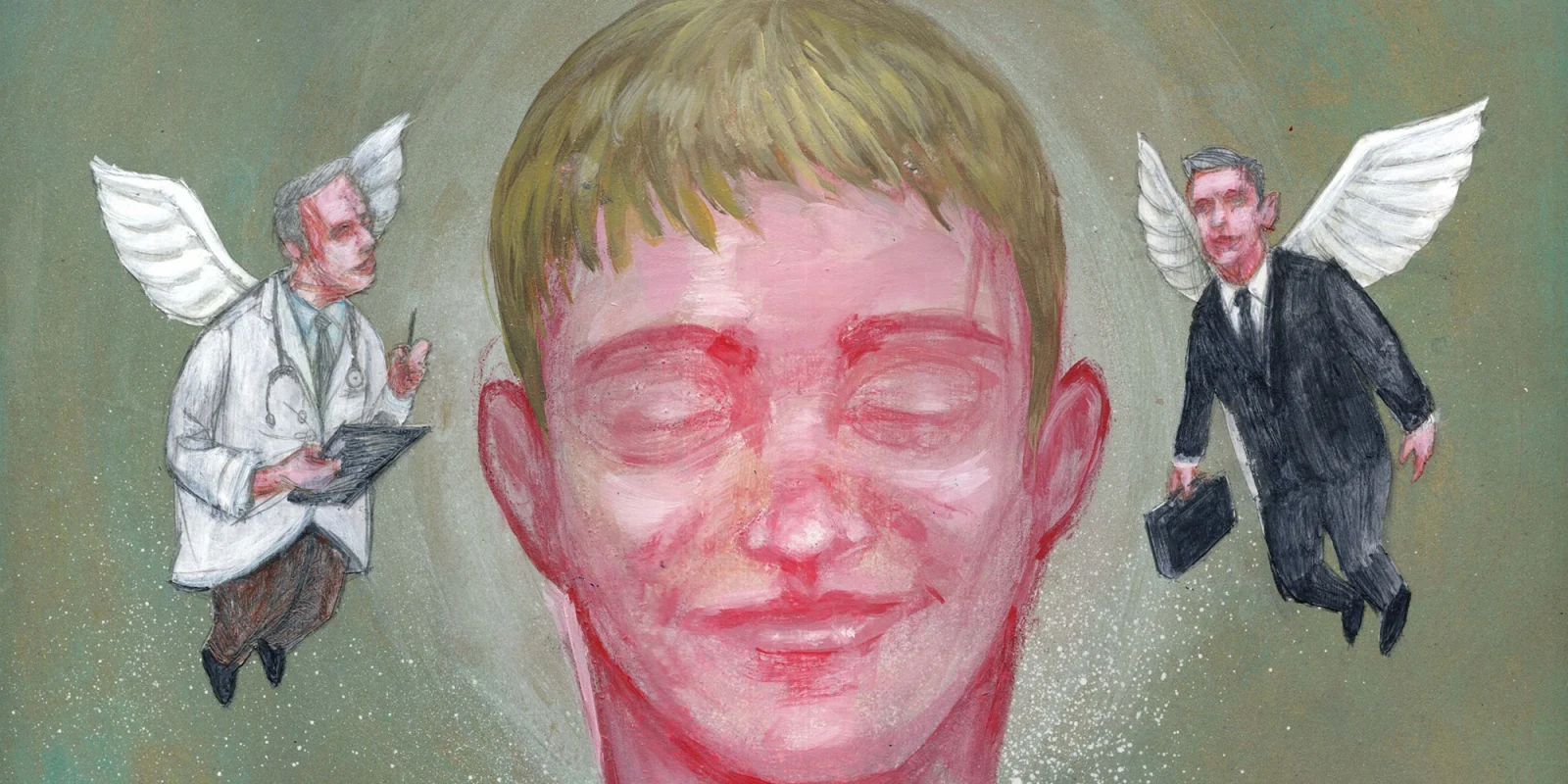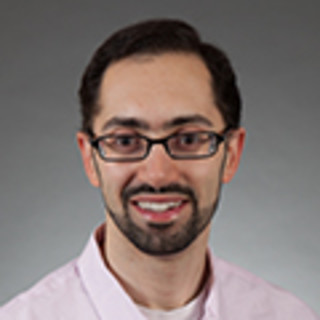
"You can trust me, I'm a doctor."
"I want to be a doctor to help people."
Famous. Last. Words.
As a physician and surgeon myself, even I am beginning to lose faith in medical professionals, dentists too (sorry guys). My family is full of medical professionals, but these individuals are not the problem. Neither is the majority of practicing doctors. But still, it's the growing pattern of abuse that concerns me.
"Growing up" in medicine, I had heard of abuses. Certainly, we studied some of them in our ethics classes in med school. But it seems like we hear about abuses more frequently—there are more of them, and they have become increasingly egregious. Nazi physicians and Tuskegee aside, I'm sure everyone has heard of some. Billing Medicare or Medicaid for things not done, or surgeons that are doing unnecessary surgery—all of this is becoming increasingly scrutinized. However, a report of an oncologist giving healthy people chemotherapy really struck me as especially heinous.
The majority of physicians, surgeons, dentists, and medical professionals really care about helping their patients and healing the sick—it's not just a line we use in the interview process. There are a select group of Machiavellians though who give the rest of us a bad name. The kind of people who do unindicated surgery, or who take kickbacks. And maybe it seems so prevalent only because news and media are so accessible, but it is increasingly fostering distrust in medicine.
As physicians, we are trained in pattern recognition: Cough, fever, decreased breath sounds focally equals pneumonia. Right lower quadrant pain, anorexia, rebound and guardian in a young patient is likely appendicitis. Ignore the artistic license please—I'm sure everyone had a differential of 47 diagnoses. But, now, when do we start to say that medical ethical abuses have become a pattern? The hallmark of a profession is that it is "self-policing" or self-regulating.
If our medical societies are not speaking out about such ethical violations, then we must. We must find ways to foster trust. Some states have decided to publish physician salaries for those employed by public institutions (SC and AK have very easily searchable databases, for example. I should've been an orthopod). While this is an interesting decision, does it really get at the problem?
These databases only publish the base salary. Frequently, bonuses, consultant fees, research trial enrollment payments, and other third-party payments may not be known. Additionally, the basis for bonuses or salary is not known. Just knowing how much your provider makes doesn't really help a patient in the chair determine if there are covert incentives for the recommendations.
Maybe we don't really need to know how much as much as we just need to know how. If a physician is salaried with a base pay and a bonus that is based on research, teaching, and also clinical productivity that is one thing. But maybe that physician is paid completely based on wRVU generation. Maybe the physician owns part of the facility in which the infusions, dialysis, or procedures take place. These structural characteristics are more informative than the simple set of digits.
Ideally, we wouldn't need any of this information. But it's useful to know if someone is receiving a significant personal financial benefit to maybe unconsciously sway a patient one way or another. We joke about a complex procedure with many associated billing codes allowing this month's "yacht payment" to be made on time, but is this truly only a joke?
With medical graduates incurring hundreds of thousands of dollars in debt by the time they start their first attending job, finances are in the forefronts of their minds. Add to this the decades of suppressed lifestyle and a parasympathetic surge of liberation after training compounded by marketing strategies that are ever-more clever, complex, and subtle and one has a perfect storm of financial dependence with the potential for subsequent murky ethical decisions. We have to recenter ourselves but also find better solutions. It's easy to tell people, "Don't be materialistic!" The reality is that we all have to live, and it can be easy to fall into these traps.
As physicians, I don't think we should be embarrassed or hide any of the side hustles that provide us income. Someone who is a speaker for a company has probably worked long and hard to have been selected by that company, and they probably believe in the product, even before being asked to serve as a consultant. There is this implication that we should be ashamed of such income. But why? The best disclosure statement I ever saw was someone who listed his disclosures at a conference and then said, "I wish I had more conflicts of interest." We shouldn't be ashamed, but as a patient, I would want to know.
I personally mimic the practice of one of my attendings from training: I do tell my patients I'm salaried (I'm not yet paid by any companies… yet). Flat out. They mostly get embarrassed and sheepish, but you can feel the relief in knowing that my retirement plan does not hinge on whether they proceed with surgery. They can take comfort in knowing that my recommendation comes from my knowledge of medicine and not knowledge of my wallet.
The solutions are as varied as are personalities that can dream them up. Alternative financing for medical education that does not rely on student-paid tuition can be one. Published compensation formulae another. The Sunshine Act may be another. But the onus is on the physicians, on us, to challenge current stigma and reconnect with our patients to ensure a trusting relationship. And we must denounce the extortionists, the fraudulent and the exploiters. Otherwise, we might wake up one day and find that the loss of trust and therefore patients have led us to become of those abusers.
Dr. Issam Koleilat is a vascular surgeon at Montefiore Medical Center/Albert Einstein College of Medicine in the Bronx, NY. He is also the proud father of a wonderfully curious five-year-old daughter and bright-eyed five-month-old son, and the husband of a breast cancer genetic epidemiologist. He enjoys traveling with his family, and as the kids get older he hopes they will hike, ride horses, and rock-climb more.
Dr. Koleilat is a 2018–2019 Doximity Author.







